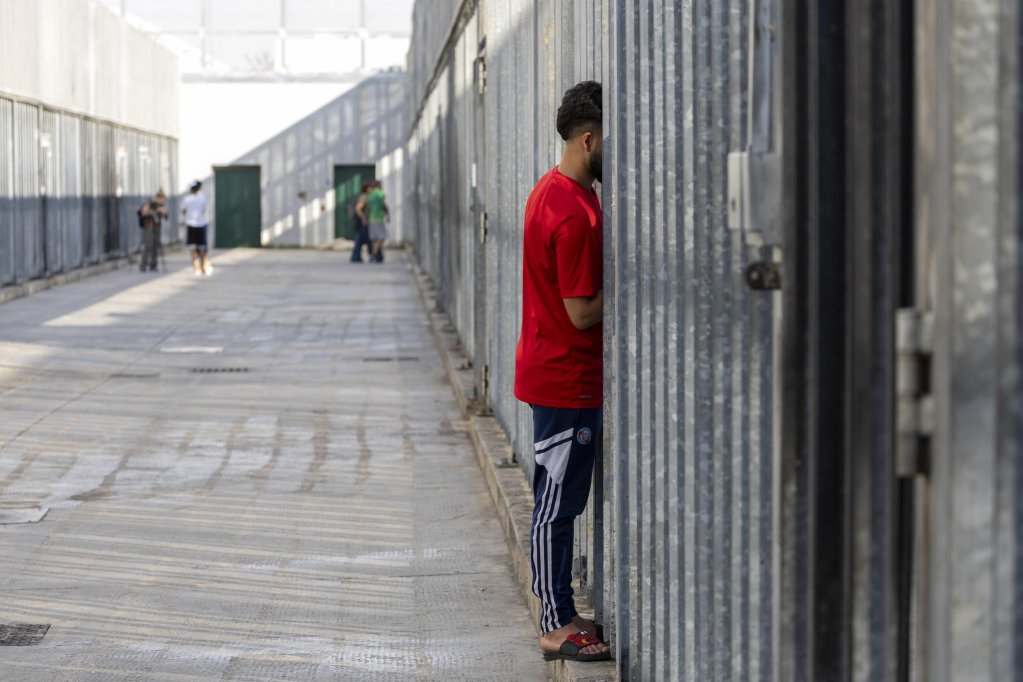Italy’s Constitutional Court has criticized the government over the way migrants are detained in the country’s Centers for Repatriation (CPRs), saying the current system violates personal freedom and lacks clear legal guidelines. These centers, which were set up to hold migrants awaiting deportation, are now under serious scrutiny after judges described their detention methods as inconsistent with Italy’s constitutional principles.
In a recent ruling, the court noted that migrants kept in CPRs are placed under direct physical control by authorities, which limits their liberty. The court emphasized that this restriction of freedom requires well-defined laws, not just administrative discretion. It warned that the existing legal framework is vague and inadequate, especially considering that some migrants are held for extended periods without a precise definition of their rights during detention.
What are CPRs and why is this ruling important?
CPRs (Centri di Permanenza per il Rimpatrio) are Italian holding facilities used to detain foreign nationals awaiting expulsion. The Constitutional Court’s decision matters because it challenges the foundation of how these centers operate. The court said that the government must step in with proper laws to avoid further human rights concerns.
The case that triggered the court’s response involved a migrant being held at the CPR in Ponte Galeria, Rome. Lawyers for the detained individual called for his immediate release, stating that his ongoing confinement was not only unfair but also unconstitutional. They plan to appeal the decision that approved his continued detention, referencing the court’s criticism as a key argument.
Earlier in February, a Justice of the Peace in Rome had already raised concerns about how migrants are treated in these centers and whether the laws align with the principle of equality. Although the Constitutional Court ruled that this particular appeal was inadmissible, it still pointed out that the laws currently in place do not uphold personal freedom as required by the Italian constitution.
The court stressed that it is the responsibility of lawmakers—not judges—to address these legal shortcomings. Judges clarified that the issue is not the existence of CPRs, but the lack of clear rules on how detainees are treated, what rights they have, and how long they can be held without judicial oversight.
In response, a spokesperson from the Italian Interior Ministry acknowledged the concerns and said that the government is already working on new primary legislation. The existing CPR law, known as the Turco-Napolitano law, dates back to 1998. The ministry said the current legal debate sheds light on long-standing gaps that need to be fixed, without rejecting the use of CPRs altogether.
However, members of the opposition have demanded immediate action. Riccardo Magi, Secretary of the +Europa (More Europe) party, urged the government to halt further detentions in CPRs until new legislation is passed. He called on Parliament to respect the court’s ruling and act swiftly to address the violations.
The Green Alliance (AVS) went even further, describing CPRs as “a black hole regarding the rule of law.” Their statement added weight to the growing demand for transparency and fairness in how Italy handles migrant deportations.
This legal challenge is likely to reignite the broader debate in Europe over how to balance national immigration enforcement with the protection of basic human rights. Italy’s government now faces pressure to reform outdated policies and ensure that no migrant is deprived of liberty without due process.

